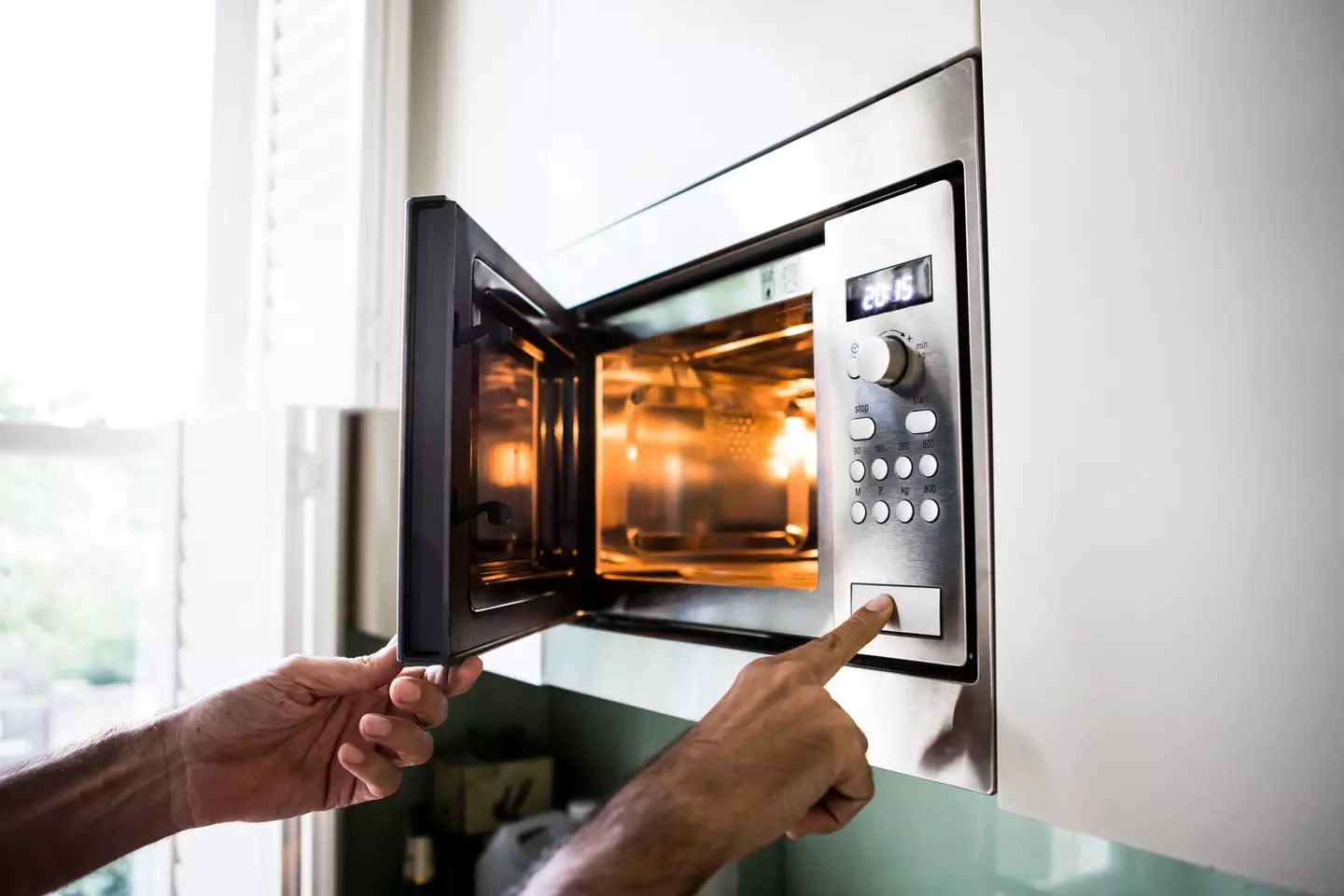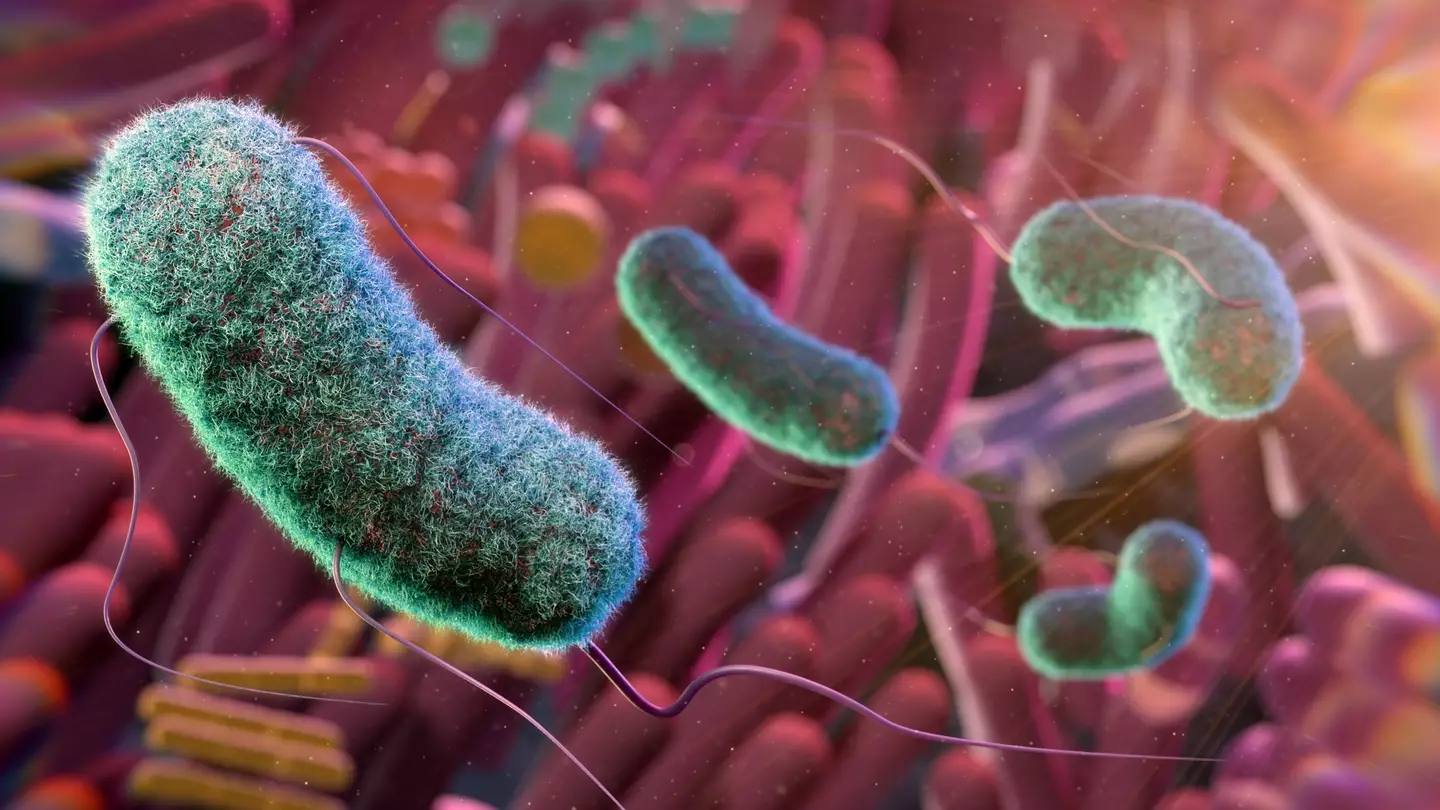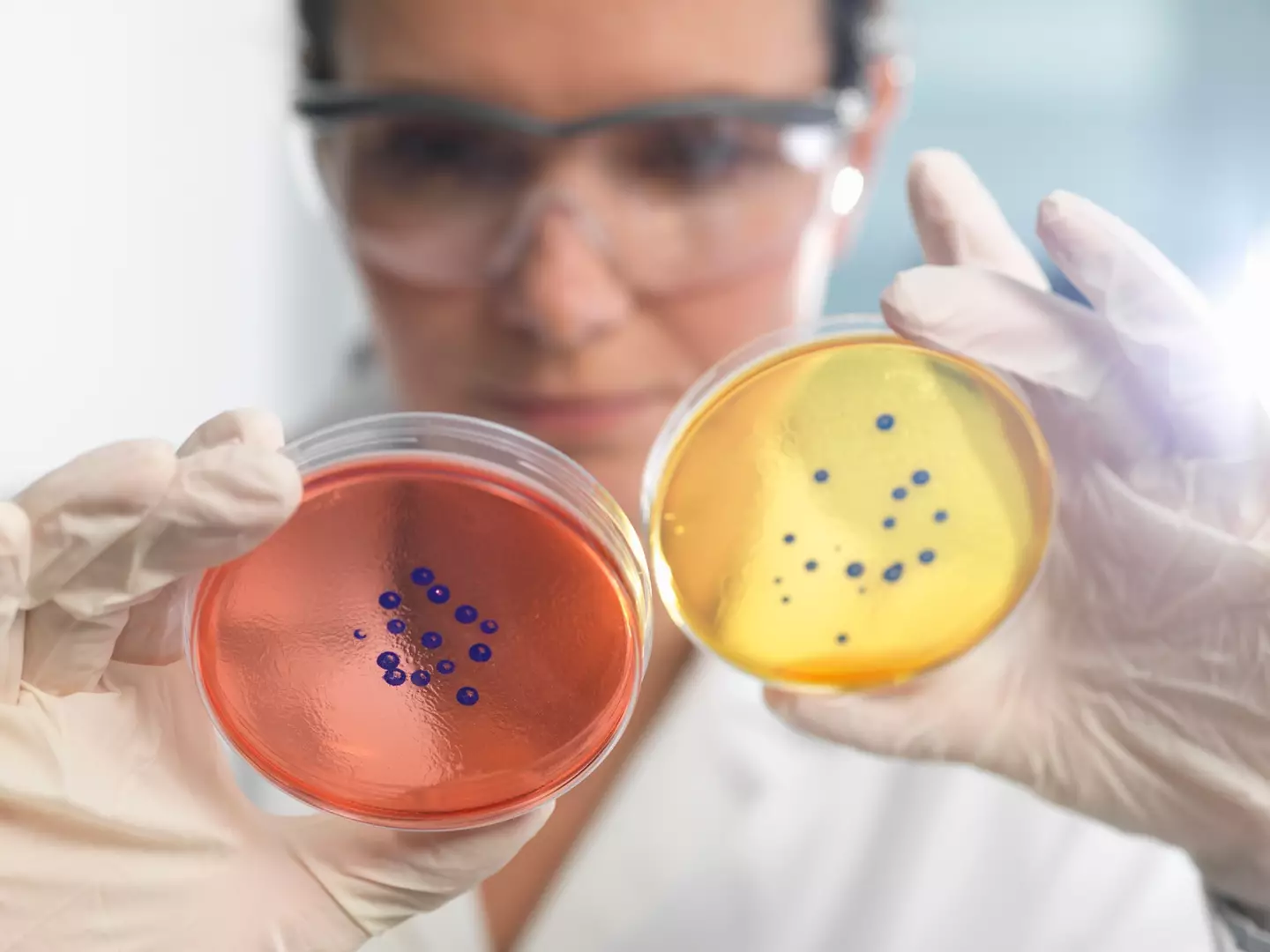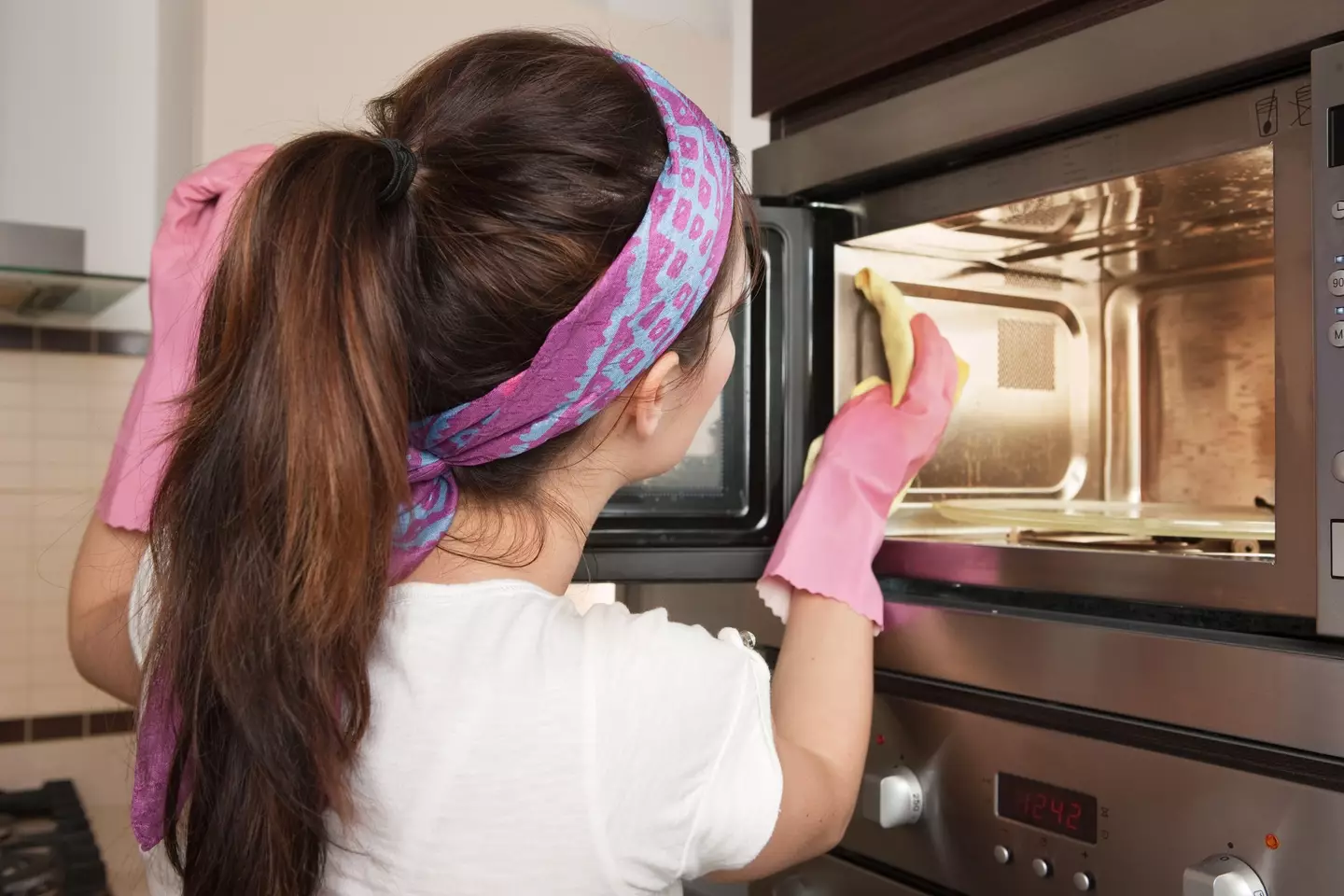


Scientists have discovered that microwaves are actually home to far more radiation-resistant microbes than you could possibly imagine.
If you thought a microwave zapped any bacteria, you’d be mistaken. They’re teeming with them.
In fact, these kitchen devices are hoarding bacteria that is resistant to radiation and they are multiplying by the second.

Advert
This is according to a new study which uncovered hardy microbes that have the ability to adapt to living in extreme conditions and are thriving in our microwaves.
The team from Darwin Bioprospecting Excellence SL in Paterna, Spain published their report in the journal, Frontiers in Microbiology, and it’s enough to make us want to start deep cleaning immediately.
Speaking to indy100, one of the study authors, Daniel Torrent, said: “Our results reveal that domestic microwaves have a more ‘anthropized’ microbiome, similar to kitchen surfaces, while laboratory microwaves harbor bacteria that are more resistant to radiation.”

During their research, the team identified and analyzed 747 different groups of bacteria that are found in microwaves.
Through their study, it was found that these microbes share similarities with ones that have been discovered on solar panels.
This indicates that the bacteria is becoming resilient to extreme conditions and is able to survive.
In a press release, it stated: “They found that the composition of the typical microbial community partly overlapped between shared domestic and single-household domestic microwaves, while laboratory microwaves were quite different. The diversity was lowest in single-household microwaves, and highest in laboratory ones.

“Some species of genera found in domestic microwaves, such as Klebsiella, Enterococcus and Aeromonas, may pose a risk to human health. However, it is important to note that the microbial population found in microwaves does not present a unique or increased risk compared to other common kitchen surfaces.”
Talking to Nature News, co-author of the study, Manuel Porcar, added: “A microwave is not a pure, pristine place.”
This isn’t exactly comforting to hear and the grim discovery might have you second guessing using your microwave in future, but Torrent has some useful advice for users.

He said: “For both the general public and laboratory personnel, we recommend regularly disinfecting microwaves with a diluted bleach solution or a commercially available disinfectant spray.
“In addition, it is important to wipe down the interior surfaces with a damp cloth after each use to remove any residue and to clean up spills immediately to prevent the growth of bacteria.”